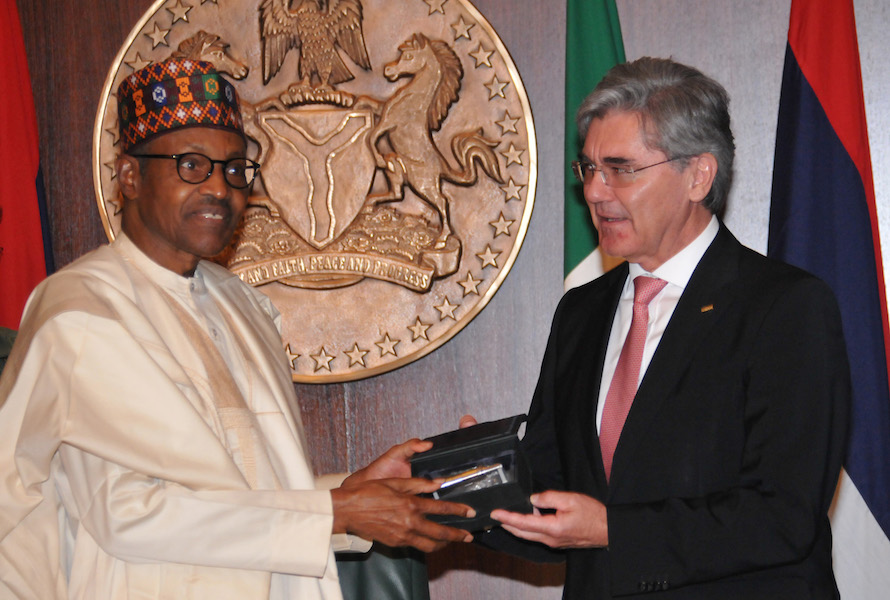There are no products in your shopping cart.
| 0 Items | £0.00 |


PRESIDENT Muhammadu Buhari's special adviser on infrastructure Ahmad Zakari has warned that Nigeria needs to invest about $40bn in its power sector to get the entire network operating at full capacity.
Nigeria has a chronic power supply problem as the country only generates about 7,000MW of electricity, of which it can only effectively distribute and transmit 4,000MW. This has led to Nigeria becoming the world's largest importer of medium size generators and the second largest purchaser of large generators.
Speaking on the challenges and prospects of the power sector, Mr Zakari said there is a large financing gap in the industry and about $40bn needs to be spent on generation, transmission and distribution. He added that the government expects to spend between $3bn and $5bn in the sector over the next 24 months and eventually free itself from the payment of subsidies.
Mr Zakari, noted that the sector is currently bedevilled by three major classes of challenges. He grouped them as regulatory, fiscal and infrastructural, explaining that for years, Nigeria had a situation where distribution companies were buying power at high prices but were only allowed to sell at low prices by the government.
However, Mr Zakari noted that the current administration has gone a long way to correct the inefficiency by introducing the service-based tariff despite the regulatory gap which created an investment quagmire wherein any investor who put in money was not able to recover it. He further stressed that the administration has worked out how it will push more infrastructure into the network, starting from the National Mass Metering Programme, through the emergency intervention from the central bank, commercial banks and donor partners.
This, he said, was in addition to the incremental support from Siemens and other programmes, amounting to about $3bn actively being spent and would be spent over the next 24 months. On the issue of grid collapses, Mr Zakari stated that in 2015, there were 28 total or partial collapses, while as of last year there were four, noting that in 2021, Nigeria has had one partial and one total collapse.
He said the federal government has continued to encourage local metre manufacturers, who have already delivered in excess of 500,000 to 600,000 metres in phase zero of the scheme, out of which 400,000 have been installed. Mr Zakari argued that the national mass metering programme has delivered more metres to Nigerians in four months than what was done in 18 months under the entire Meter Asset Provider programme and expressed confidence that the 6m metering target will be met.
Through the service-based tariff regime, Mr Zakari noted that new grounds were being broken as the distribution companies collected N65bn in December 2020, leading to a 15% increase in power delivery, even before the commencement of capital expenditure. He noted that despite the improvements, there’s still a lot of gap to be filled and massive investments to be made in the entire value chain of the power sector.
Mr Zakari added: “We are seeing increased liquidity in the system that is likely to continue. The Siemens programme is part of the suite of investments that make up the $3bn to $5bn that we are targeting over the next 24 months.
“However, we have a gap in this sector in distribution and that’s over $10bn and if you add everything together, it could be up to $30bn to $40bn in terms of the other value chain sectors. So, what we are doing is to find all available financing, for instance the emergency funding from the central bank on metering, in-network Capex, as well as transmission and distribution interfaces."